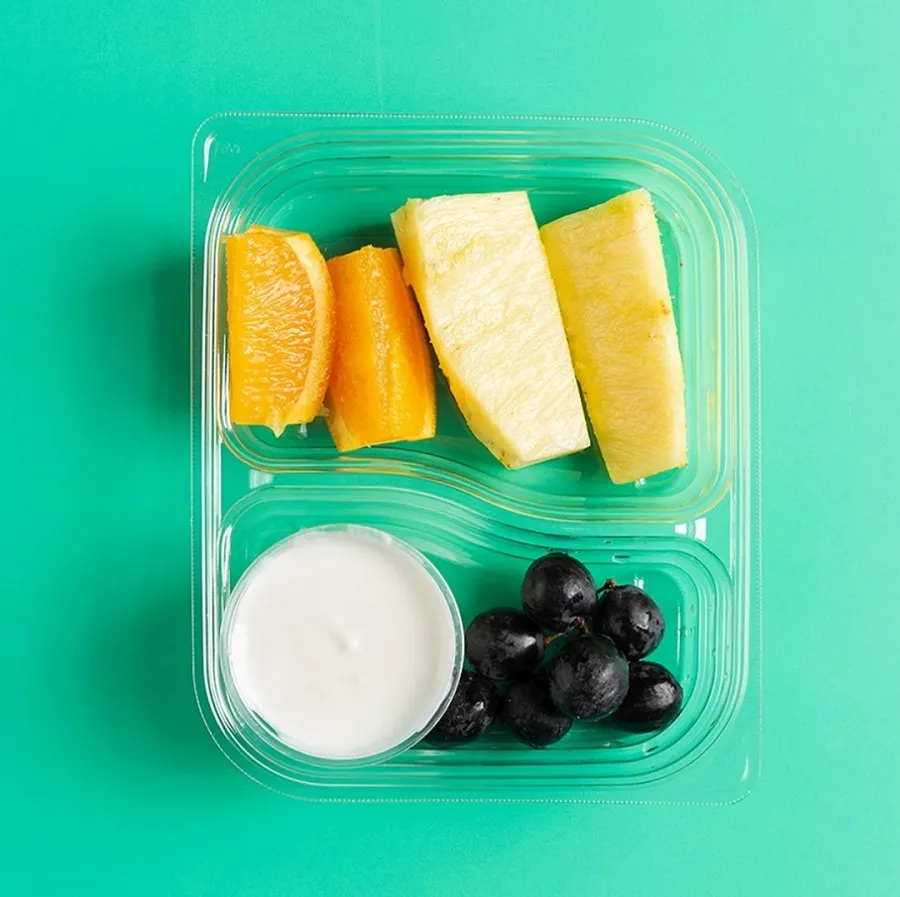Is Fruit Bad for You!? Let’s Debunk the Myth!
With the rise of social media, we’re flooded with all kinds of nutrition advice these days. While it’s great to have access to information, not all of it is trustworthy. One claim that’s been circulating is that fruit is bad for you. But is there any truth to that?
Some trendy diets suggest avoiding fruit because it contains fructose. However, this statement is way too simplistic. Nutrition is all about balance, and when it comes to food, we need to consider the full picture, especially the biochemistry behind it.
Yes, fruits contain sugar in the form of fructose, but they also offer fiber, vitamins, and minerals that are essential for your well-being. If you don’t have any medical conditions that restrict your fruit consumption, enjoying fruits in moderation as part of a balanced diet can be highly beneficial for your health.
Fructose, the natural sugar found in fruits and honey, is processed differently in the body compared to glucose. It’s metabolized by the liver, but here’s the key: the amount of fructose in most fruits is much lower than what you find in processed foods loaded with high-fructose corn syrup. Plus, fruits come packed with fiber, which helps regulate blood sugar levels and promotes digestive health.

In addition, it’s important to consider which fruits you’re eating and in what context. Some fruits are higher in carbohydrates and can be a great option before physical activity. For a lower glycemic load, they can also be paired with sources of fat and protein like nuts, seeds, or eggs. Have you tried a banana pancake topped with natural peanut butter? If not, do it! Other fruits, like berries, have a lower sugar content and can be a great evening snack or a healthy dessert when you’re craving something sweet.
The takeaway? Focus on whole, real foods, and listen to your body’s unique nutritional needs. Eating too much of anything can be harmful, so pay attention to portion sizes. And when it comes to added sugars in processed foods, those are the real culprits behind excessive fructose intake.
If you’re unsure about how much fruit you should include in your diet, don’t hesitate to reach out to a nutrition professional who can guide you with a personalized plan.
Food for Thought:
- 100g of banana (medium size) = approx. 3-4g of fructose and 2.5g of fiber
- 1 can of soda = approx. 39g of fructose and 0g of fiber
So, next time you grab a piece of fruit, enjoy it! Your body will thank you.

